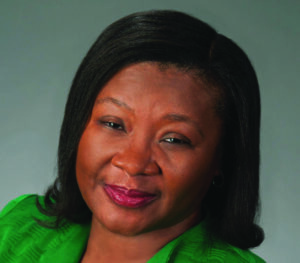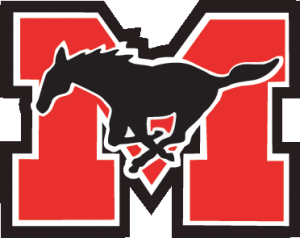I recently viewed the tape from the World Series of Poker final table when I won my record eleventh bracelet. There was one interesting hand that commentator Robert Williamson said I played poorly. Here’s how it went down.
Rick Fuller was the chip leader with $1.6 million and I was a close second with $1.5 million. At a nine-handed table with blinds at $15,000/$30,000 and a $4,000 ante, I opened for $90,000 with A-J.
Fuller studied the situation with his Ks-8s. I told Rick not to make me call him down for a million when I knew I had him beat. He called anyway, and everyone else folded.
The flop came As-9h-5s. I flopped top pair and Fuller flopped the nut-flush draw. We both checked.
The Jd hit on the turn and I bet out $50,000 with top two pair. Fuller raised it up, making it $150,000 to go. I called. That’s when Williamson said I made a bad play. He thought I should have reraised.
The river card was the Kh and I bet $200,000. Fuller, who missed his flush draw, folded.
Let’s review this hand.
I liked my pre-flop raise but I didn’t like Fuller’s call with Ks-8s. It’s just not the kind of hand you would want to play for a raise.
My check on the flop was a solid play. Had I bet instead, it would have been difficult to call a raise later. Fuller’s check was also a good play. Why not take a free card? If Fuller bet there and I had reraised, he’d be hard pressed to fold his hand.
On the turn, I made a floater bet of $50,000 into a pot of around $200,000, hoping Fuller was drawing dead or thinking that I was weak. If he thought I was weak, he’d call or possibly raise with a weaker hand. On the other hand, if he did have trips, my bet would actually minimize my loss on the hand.
I didn’t mind Fuller’s $100,000 raise but would have preferred he just called my bet. While his raise did give him a chance to win the pot, it also gave me the chance to reraise and force him to fold.
Okay, now my $100,000 call was a bit weird, but was it really a bad play?
A call in this situation is usually a bad play. Had I known that Fuller was on a draw, I would have reraised to punish him for drawing to his flush. But that’s not what I was thinking about.
By just calling his raise, I give him a chance to lose more money to me if he’s holding a hand like a pair of aces with a weak kicker. I can smooth call the $100,000 and then bet out on the river.
More importantly, though, I’d be able to survive the hand if I lost the pot because Fuller had me covered.
Think about it: If I reraise and he has trips, I’m out of the tournament since I’m forced to call his all-in reraise. Similarly, if I reraise, and he has a drawing hand and moves all-in, I’d be forced to call and risk going broke if he gets lucky and completes his draw.
So I called to avoid the remote possibility of going broke. I thought I could safely move up to first or second place without risking all of my chips in one pot.
Was Robert Williamson correct? For the vast majority of players, a call in that situation would be incorrect, but not for me. It showed nothing but the knowledge and experience I’ve accumulated in over 25 years of high-stakes tournament play.
Learn more about Phil Hellmuth and Poker Brat poker merchandise at www.philhellmuth.com.
© 2009 Card Shark Media. All rights reserved.












